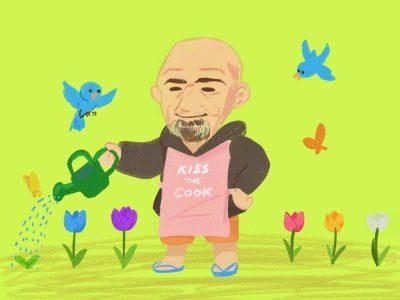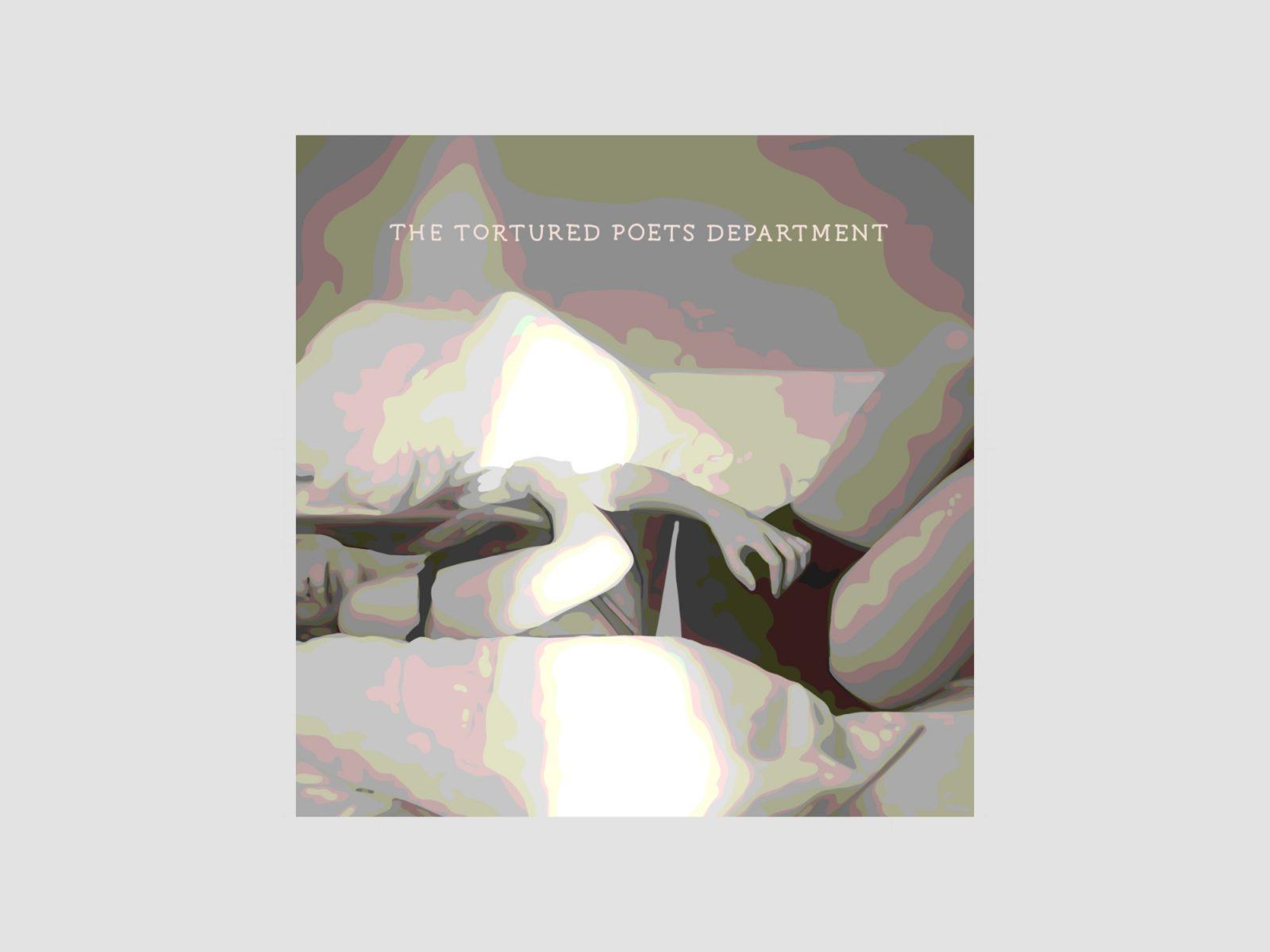Senator John Fetterman of Pennsylvania checked himself into Walter Reed National Military Medical Center on Feb. 15. He is said to be receiving treatment for clinical depression, in a statement released from his office.

That same Wednesday, Nicola Sturgeon, Scotland’s longest-serving first minister, said in a statement that she would be stepping down from her role as the country’s leader — citing “exhaustion,” and the “brutality” of a life in politics.
Just a few weeks ago, New Zealand’s — now former — Prime Minister Jacinda Ardern announced her resignation from her role — a surprise to both her supporters and critics alike, who expected her to contend for the upcoming candidacy.
Her statement to the press was vulnerable and frank: she, quite simply, “no longer [had] enough in the tank to do it justice.”
This recent pattern — in which politicians on preeminent stages across the world are willfully and publicly stepping back from their roles as leaders in order to protect their mental health has brought to light a critical debate: At what point should we sacrifice work for well-being?
It seems that there’s a new answer: always.
It’s not like this is traditionally accepted practice. Fifty years ago — within Fetterman’s lifetime — Thomas Eagleton, a fellow Senate member, was dropped as George McGovern’s running mate for the 1972 Presidential election, after revealing his history with depression and psychiatric care.
And — on a far less public scale — I can’t say that I have internalized this message as confidently as Fetterman has. I have found myself in similar situations to his, teetering on the edge of burnout and allowing work to become an addiction. Rather than stepping back, I have willingly fallen down into the rabbit hole.
The same sentiment has been expressed to me by many of my peers and friends as well. Institutions such as Boston University tend to simulate the rigorous world of politics, in which there is a similar, oppressive notion that work must become your life in order to become successful.
But in the wake of these politician’s actions, it seems that our approach to the relationship between work and health is shifting. Fetterman’s honesty — as well as his willingness to place his well-being over his career, and potentially his reputation — does more than reject this stigma that success must come at a consequential price. It offers a bolder perspective: work should not be more important than the sanctity of our being.
This is not a concept that is adopted by most in the collegiate sphere. Coffee cups linger in the hands of students like metaphorical trophies of dedication. Exhaustion is a social norm, and stress is a badge of honor.
Despite the discrepancies between the worlds of Washington D.C. and BU, Fetterman’s actions are pertinent to the lives of every student stuck in this cycle of relentless drudgery. They can be interpreted not just as a means of his personal self-preservation, but as a method for how we should approach our own futures.
This is advice that is nearly impossible to internalize, and I would like to clarify that I am not preaching this message as someone who has had any success in doing so. I actively plan my days down to the minute. I have — literally — forced myself to run on two broken feet just to feel like I was keeping up with the competition.
And in a collegiate setting, there is another unfortunate paradox that we are all at the mercy of — time is not just itself, but a kind of currency.
Every second that is not filled with social interaction, studying, sports teams, club teams, fraternities, sororities and internships is a second that is metaphorically turned into a dollar bill and shredded apart. It feels impossible to outrun the feeling that taking a break is the same as wasting something we are literally paying for.
But this overlooks one critical thing: the misery of such a lifestyle outweighs any sort of benefit it creates. What’s the point of constantly working so hard if the cost is your happiness?
I have to agree with these leaders: there isn’t one.
I encourage you — as I am actively encouraging myself — to use Fetterman’s example as more than a warning of what might be to come. Let it be a call to action, one that prompts you to consider the choices you are making and to evaluate the way they’re impacting your health.
Fetterman allowed himself to do so. You should too.






























































































































Anita LaBelle • Mar 3, 2023 at 9:24 pm
Beautifully open and powerfully on the mark. I’ve been trying to take the mindset of human first, student second. A mentality like that feels impossible in this day and age. But this article helps!
Lydia Attanasio • Mar 3, 2023 at 9:58 am
Wonderful article as always Addison!
Ws the People • Mar 3, 2023 at 7:46 am
That cannot be the role of a public servant: me first.